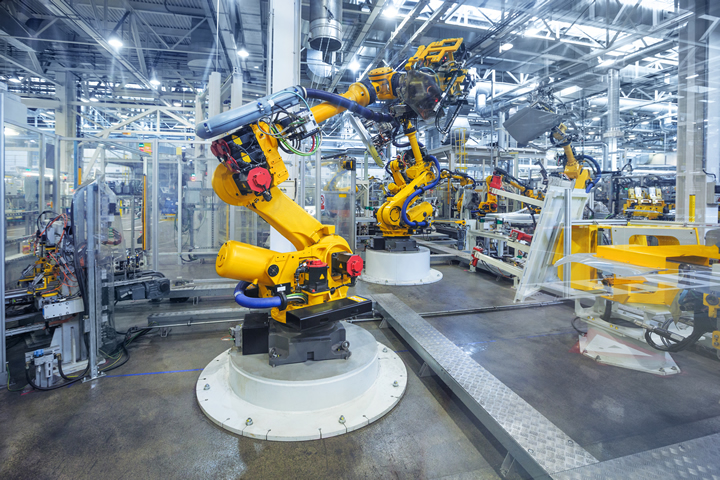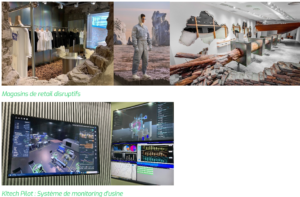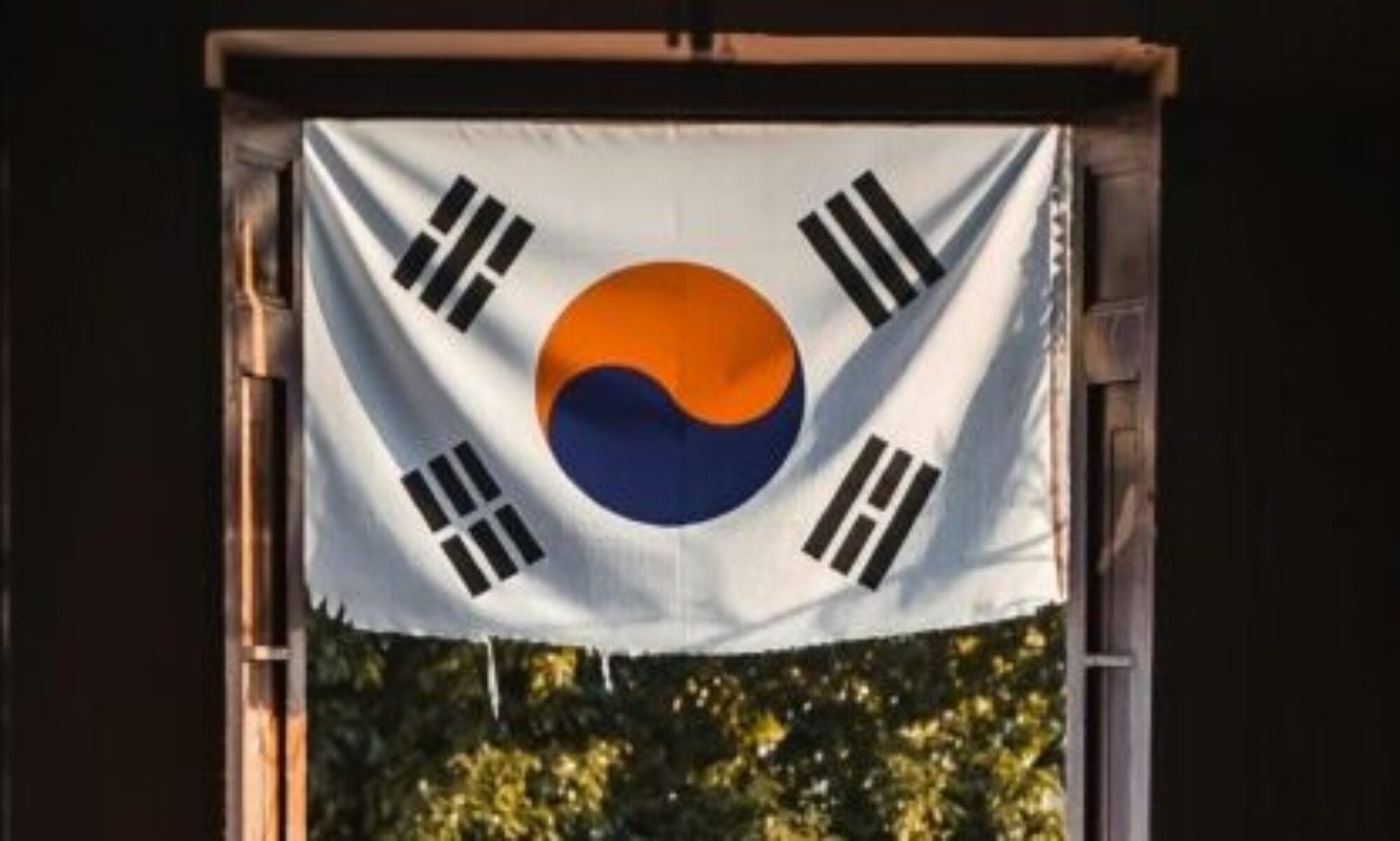
South Korea’s textile industry has undergone major transformation as a result of technical advances, moving away from labor-intensive processes and toward modern manufacturing techniques. Automation and robots have increased manufacturing speed and accuracy, replacing previous, labor-intensive processes. Automation and robotics have increased productivity, quality, and sustainability, reviving an industry that was once the top exporter in the 1970s. For example, “From the increasingly popular grinder format to luxurious, ultra-minimalist designs, Korean manufacturers are blending practical needs with playfulness and prestige. And their efforts have caught the attention of global beauty lovers, with an entire section on TikTok dedicated to the top packaging trends coming out of the country” (Carrara, 2024). This demonstrates the widespread appeal of Korean skincare products worldwide. Skincare has been using social media to reach people more and more. In particular, TikTok has become very popular, where users share firsthand accounts of how products have affected others. Product development and functional textiles have improved, resulting in faster design and development owing to advancements like computer-aided design (CAD) software and developments in materials science, including nanotechnology. “The sustainable fashion movement in South Korea continues gaining momentum as both consumers and brands become increasingly aware of the negative environmental and social impact of the traditional fashion industry. With an emphasis on transparency, ethical practices, and eco-conscious design, a new era of sustainable South Korean fashion brands are working to disrupt and reshape the industry landscape. This movement draws much of its inspiration from the country’s rich cultural heritage, incorporating traditional craftsmanship and infusing it with modern sustainability principles” (Tolley, 2023). South Korean companies have embraced sustainability and are increasingly using eco-friendly products and methods, which are now their core values. AI and IoT are further transforming this industry, propelling it forward and strengthening South Korea’s position as a worldwide textile leader.
In the coming years, South Korea’s industry is poised to capitalize on emerging technologies such as artificial intelligence (AI) and the Internet of Things (IoT) to drive further progress. AI-driven analytics have the potential to improve supply chain management and predictive maintenance, thereby increasing operational efficiency and cost-effectiveness. Meanwhile, IoT-enabled smart textiles are poised to transform consumer engagement through interactive features like health monitoring and augmented reality experiences.




